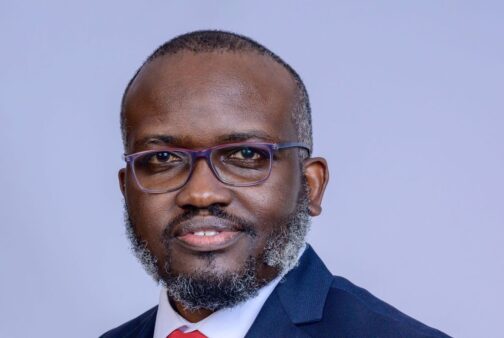The Supreme Court of Uganda has delivered a landmark ruling dismissing a constitutional appeal by Humphrey Nzeyi, a shareholder of the defunct National Bank of Commerce (NBC), challenging the legality of the bank’s closure by the Bank of Uganda in 2012. The decision, handed down on May 14, 2025, marks the end of a protracted legal battle spanning over a decade and reaffirms the central bank’s powers to act decisively in the interest of financial sector stability.
The seven-member bench of the Supreme Court, led by Justice Tuhaise who wrote the lead judgment, unanimously upheld an earlier Constitutional Court ruling that dismissed Nzeyi’s petition. The appeal had sought to challenge the constitutionality of several provisions of the Financial Institutions Act (FIA), 2004, and the actions of the Bank of Uganda (BoU) in closing, liquidating, and transferring NBC’s assets to Crane Bank.
The Background
Nzeyi had petitioned the Constitutional Court in 2021, arguing that the closure process violated his fundamental rights under the 1995 Constitution of Uganda. He cited infringements of his right to a fair hearing (Article 28), right to property (Article 26), and right to privacy (Article 27). His case hinged on the contention that the Bank of Uganda had acted arbitrarily in closing NBC without due process and that the courts were unlawfully barred from reviewing or staying the process due to provisions under Section 101 of the FIA.
However, the Constitutional Court dismissed the petition, holding that the NBC had been given adequate notice and multiple opportunities to rectify persistent undercapitalization and governance weaknesses between 2009 and 2012. The Court found that BoU’s actions were well within its statutory mandate to ensure stability in the banking sector.
Supreme Court Affirms BOU’s Actions
On appeal, the Supreme Court upheld the decision of the Constitutional Court, reinforcing the position that the latter’s jurisdiction is limited to the interpretation of the Constitution rather than enforcement. Justice Tuhai, writing for the Court, concluded that there was no proof that BoU’s actions amounted to a violation of constitutional rights.
Crucially, the Court emphasized that the closure of NBC was executed lawfully, with proper cause, and in the public interest. It highlighted the regulator’s responsibility to protect depositors and maintain financial stability, noting that NBC’s chronic undercapitalization posed systemic risks to the banking sector.
“In circumstances where a financial institution persistently falls short of statutory thresholds and fails to comply with directives, the central bank has a duty to act decisively,” the ruling stated.
Section 101 of the FIA Upheld
Nzeyi had also challenged the constitutionality of Section 101 of the FIA, which prohibits courts from issuing stay orders on liquidation processes initiated by BoU. The Supreme Court dismissed this challenge as well, ruling that the provision represents a reasonable and proportionate limitation that serves to safeguard depositor confidence and prevent regulatory paralysis.
“The restriction on judicial intervention during liquidation is a necessary guardrail for preserving the integrity and efficiency of financial regulation,” the Court held.
This provision, the judges said, does not amount to an ouster of judicial power but rather reflects the unique operational realities of financial regulation where timing and certainty are critical.
Implications for the Banking Sector
The ruling solidifies the legal framework under which the Bank of Uganda operates in regulating and supervising financial institutions. It sends a strong message to shareholders and directors of licensed financial institutions that regulatory compliance is non-negotiable and that courts will not second-guess supervisory decisions made in the public interest.
The case also underscores the delicate balance between constitutional rights and regulatory mandates in a complex and rapidly evolving financial sector. For BoU, the judgment is a vindication of its role as a custodian of financial stability and a warning to any institutions hoping to exploit procedural technicalities to resist oversight.
No Order on Costs
The Court made no order as to costs, meaning each party will bear their own legal expenses. While this may come as a small consolation to the appellant, the broader impact is that the door has now firmly closed on efforts to reverse or undermine the closure of NBC through constitutional litigation.

 Sitoyo Lopokoiyit to Quit as M-PESA Africa CEO; Ethiopia Monetisation Concerns Loom
Sitoyo Lopokoiyit to Quit as M-PESA Africa CEO; Ethiopia Monetisation Concerns Loom


